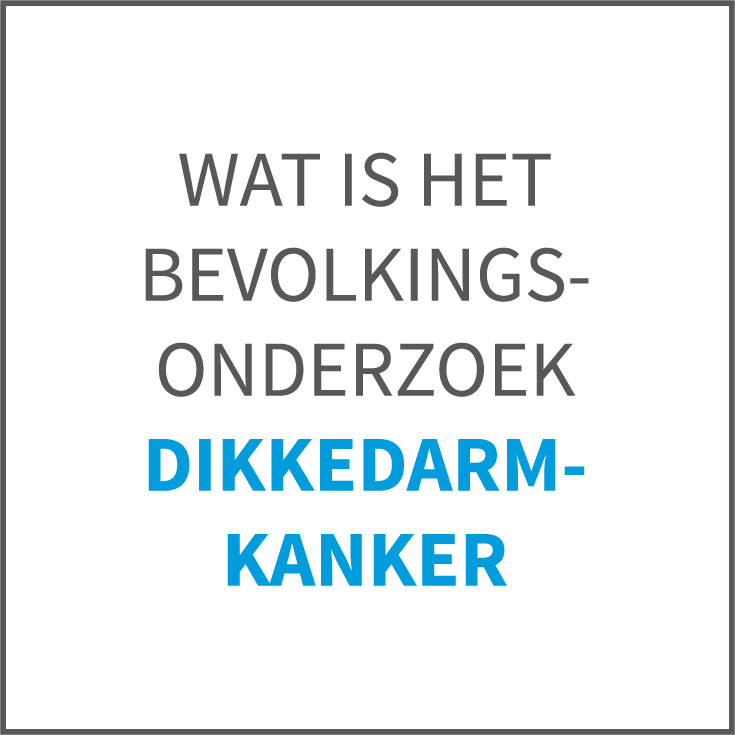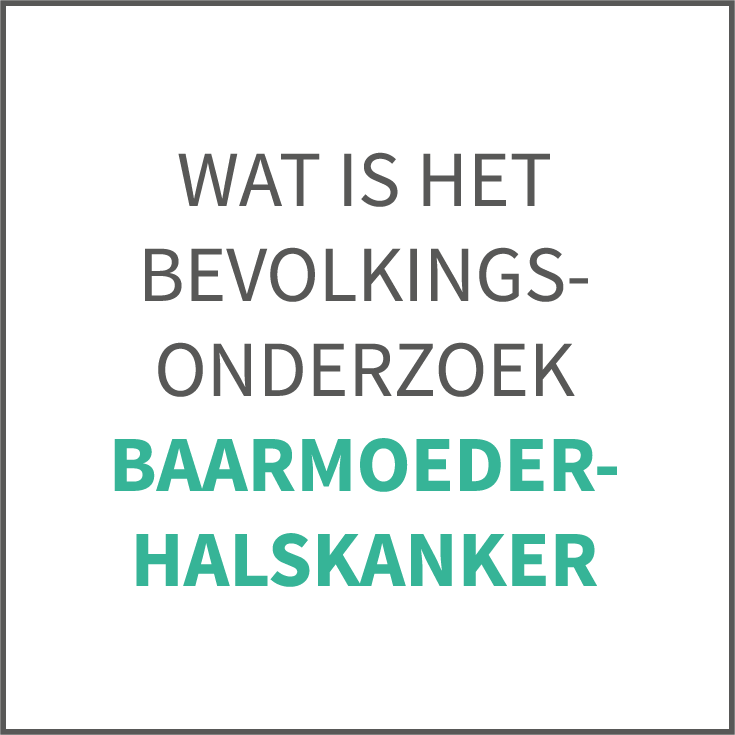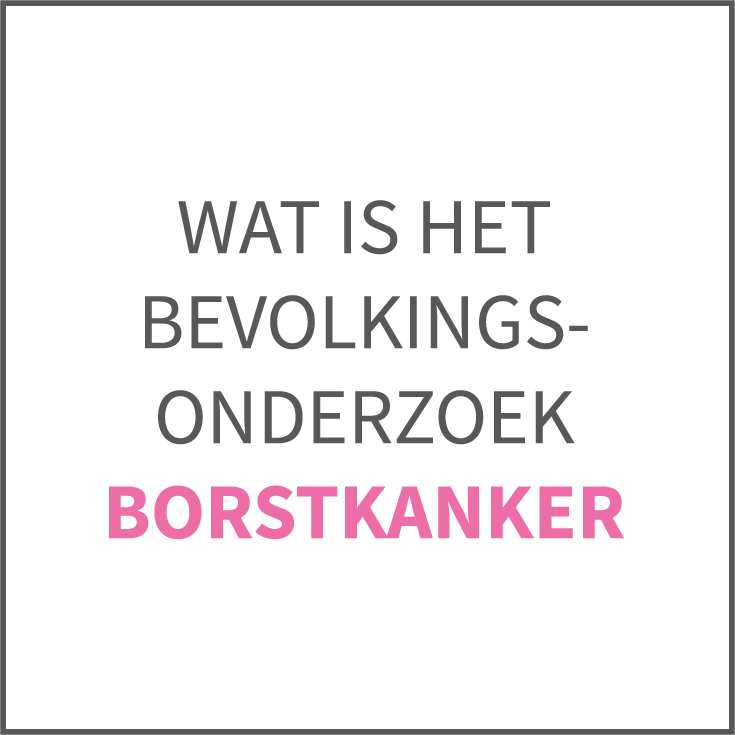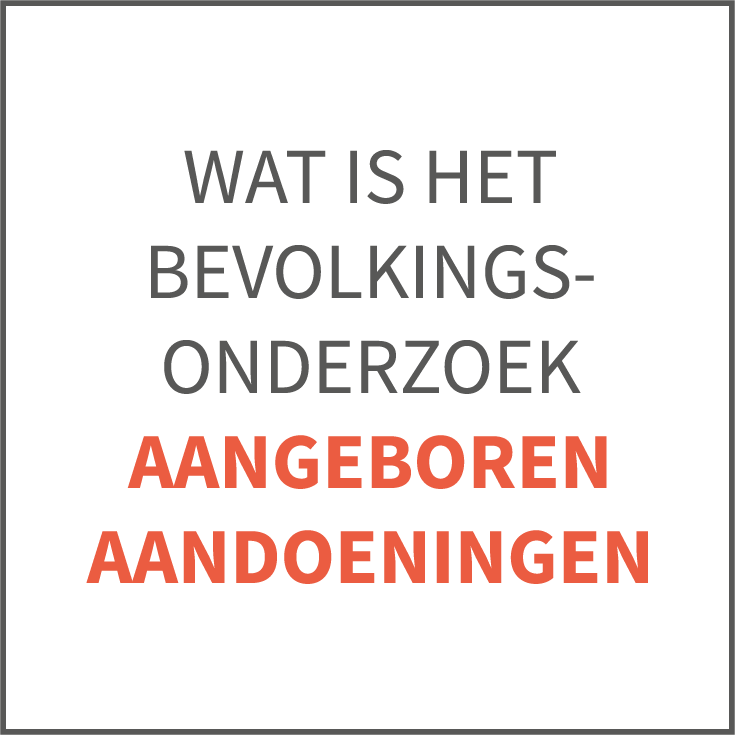SCREENEN?
WIJ NEMEN
GEZONDHEID SERIEUS!
Participation in a screening is never compulsory.
You are always free to decide if you want to be screened or not. Make sure you are well informed and can certainly answer the following questions:
- Which disease or risk factor does the screening detect? How often does the disease occur? How likely is it that you have the disease or will contract it? How is the disease treated and how successful is this treatment? Will timely detection improve your chances of a cure? Where can you be treated?
- How does the screening take place? Do you belong to the target group? What are the possible results and how reliable are they? What do you have to do if the result is abnormal? What are the possible advantages and disadvantages of the screening?
Where can you find more information?
You will find more information about the population screenings by the Flemish government on the following sites:
- You can ask for more information from the organisation or person offering or carrying out the screening.
- You can ask your doctor.
IK BEN OK OMDAT IK ER HEEL VROEG BIJ WAS


Steeds meer bedrijven en organisaties in Vlaanderen bieden screeningsonderzoeken aan om bepaalde gezondheidsrisco’s of ziekten, zoals een te hoge cholesterol of bepaalde vormen van kanker, op te sporen nog voor er klachten zijn. Zo’n screening lijkt een goed idee, want tijdig opsporen van risico's of ziekten kan doorgaans erger voorkomen en de kans op genezing verhogen. Maar niet elk screeningsonderzoek is per definitie zinvol of kwalitatief. Screenen heeft voordelen, maar meestal ook nadelen.











